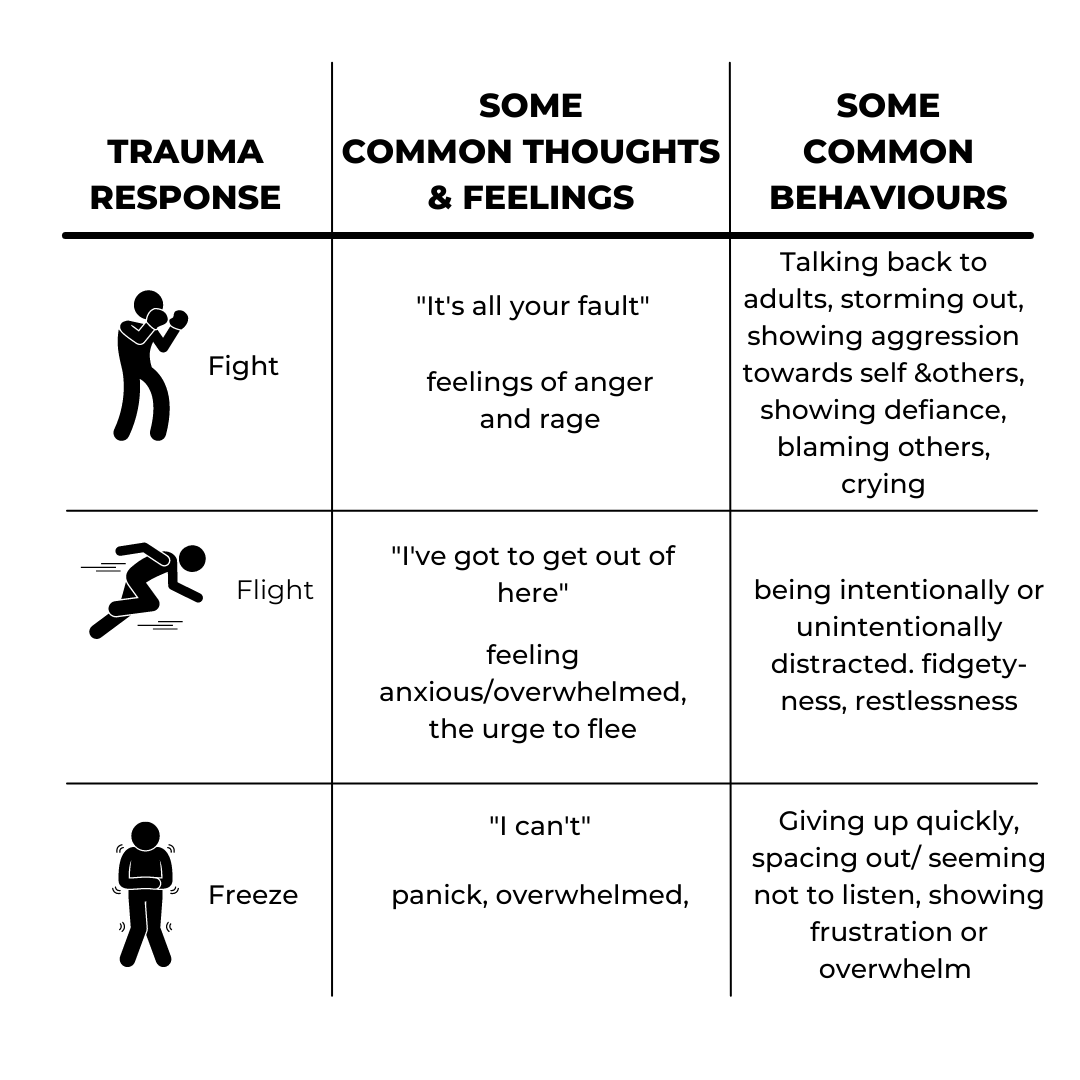|
Phumelela Project was founded with the support of our principal donor, the Rotary Club of Dudelange, Luxembourg. To find out more about Rotary International and how you can get involved, please click: here.
|
© COPYRIGHT PHUMELELA PROJECT 2019. ALL RIGHTS RESERVED.


 RSS Feed
RSS Feed
